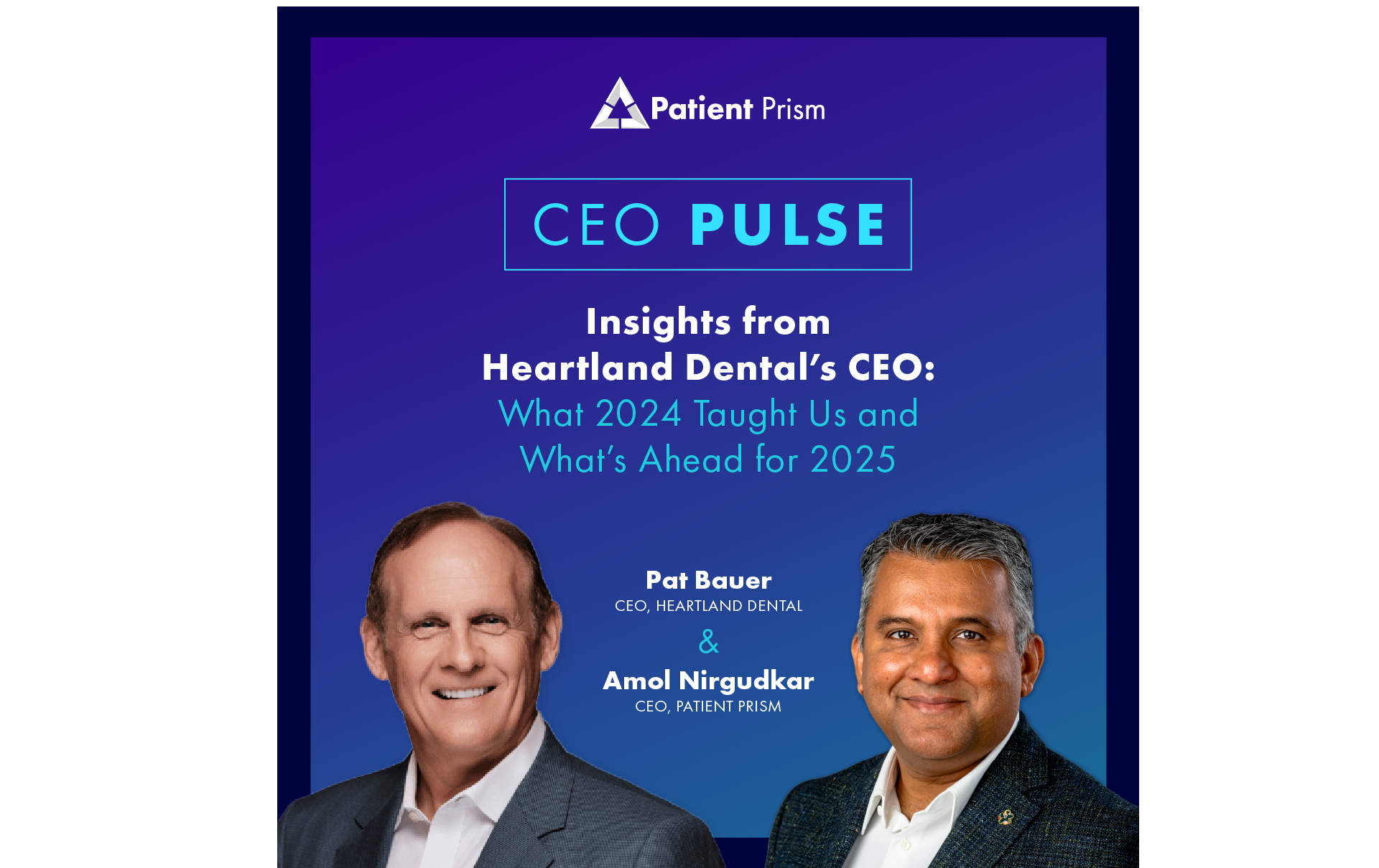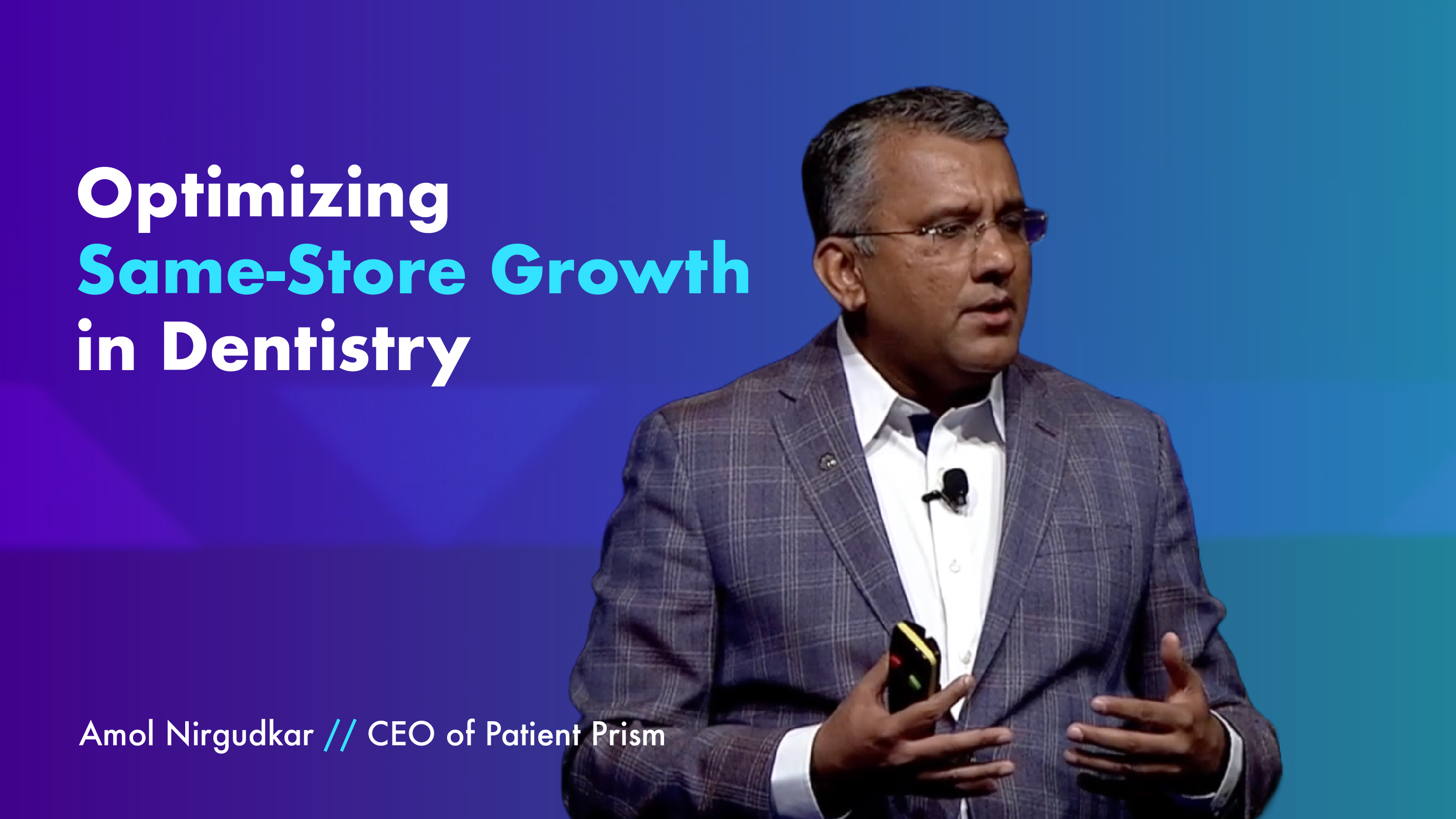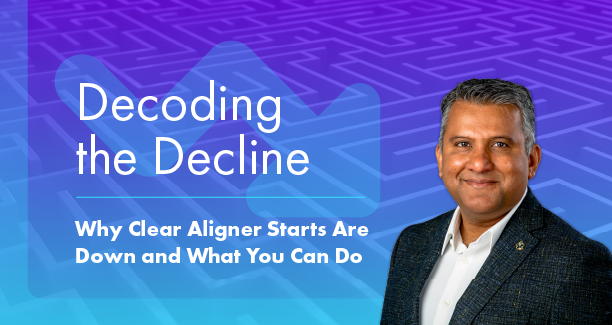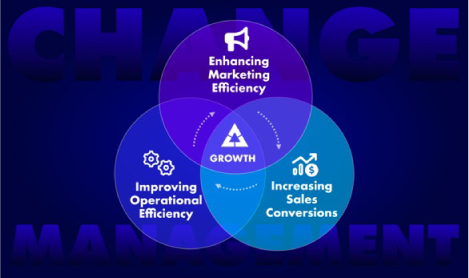Accurate diagnosis is critical in OB-GYN care. Conversational AI can assist in improving diagnostic accuracy by providing data-driven insights and decision support. Leveraging the power of natural language processing (NLP) and machine learning (ML), these systems can analyze patient data, recognize patterns, and offer timely recommendations, thereby enhancing the diagnostic process and improving patient outcomes. Data Analysis and Decision Support
Analyzing Vast Amounts of Data
Conversational AI can analyze vast amounts of patient data quickly and accurately, providing valuable insights that can aid in diagnosis. For instance, AI systems can process electronic health records (EHRs), lab results, and imaging studies to identify patterns and correlations that may not be immediately apparent to human clinicians. This capability is particularly useful for recognizing rare conditions or complex cases that require a nuanced understanding of multiple data points. Predictive Analytics
AI can employ predictive analytics to forecast potential health issues based on historical data and current symptoms. This proactive approach allows healthcare providers to intervene early, potentially preventing complications and improving patient outcomes. For example, AI can predict the likelihood of gestational diabetes in pregnant women by analyzing risk factors and previous medical history. Enhancing Diagnostic Precision
Cross-Referencing Symptoms
AI-powered tools can enhance diagnostic precision by cross-referencing patient symptoms with a vast database of medical knowledge. This process involves using NLP to understand patient descriptions and ML algorithms to match these descriptions with known medical conditions. Such systems can guide patients through a series of questions to narrow down potential diagnoses, ensuring that even subtle symptoms are considered.Reducing Diagnostic Errors
Conversational AI systems do not face the same limitations as traditional diagnostic methods, such as human error or cognitive biases. By relying on a comprehensive database and advanced algorithms, AI can reduce the likelihood of diagnostic errors. For instance, AI has been shown to achieve high accuracy rates in diagnosing conditions like cervical cancer and preeclampsia, which are critical in OB-GYN care. Supporting Clinical Decisions
Real-Time Diagnostic Information and Recommendations
Conversational AI can support clinical decisions by providing real-time information and recommendations based on the latest medical research. This ensures that healthcare professionals have access to the most up-to-date information when making critical decisions. For example, an AI system can recommend the best course of action for managing a high-risk pregnancy by analyzing current guidelines and patient-specific data.Continuous Learning and Adaptation
AI systems continuously learn and adapt from new data and user interactions, improving their accuracy and effectiveness over time. This adaptive learning capability means that the AI becomes more proficient in diagnosing conditions and providing recommendations as it processes more cases. Case Studies and Real-World Applications
AI in Diagnostic Imaging
One notable application of AI in OB-GYN practice is in diagnostic imaging. AI algorithms can analyze ultrasound images to detect abnormalities with high precision. For instance, AI has been used to identify fetal anomalies and assess placental health, providing critical information that can influence prenatal care decisions.
AI-Assisted Symptom Checking
AI chatbots can assist patients in symptom checking and triaging. By guiding patients through a series of questions and analyzing their responses, AI can suggest possible diagnoses and recommend whether a visit to the healthcare provider is necessary. This not only empowers patients but also helps in prioritizing cases that need immediate attention.
By leveraging conversational AI, your OB-GYN practice can improve diagnostic accuracy, leading to better patient outcomes and increased satisfaction. The ability to analyze vast amounts of data, cross-reference symptoms, and provide real-time decision support can transform the diagnostic process. Embracing AI technology ensures that your practice stays at the forefront of medical innovation, offering the highest quality of care to your patients.
Citations:
[2] https://obgyn.onlinelibrary.wiley.com/doi/full/10.1111/ajo.13661
[3] https://www.contemporaryobgyn.net/view/how-ai-supports-women-s-health
[4] https://aiveda.io/blog/conversational-ai-in-healthcare
[5] https://www.ncbi.nlm.nih.gov/pmc/articles/PMC10948210/
[6] https://digichart.com/should-you-adopt-ai-in-your-ob-gyn-practice/







